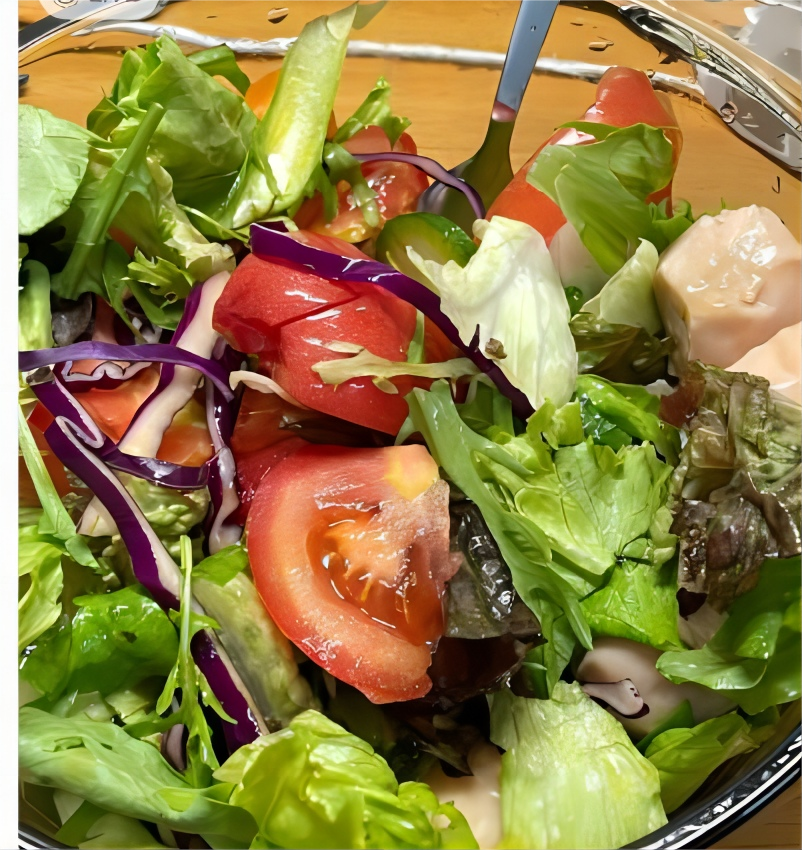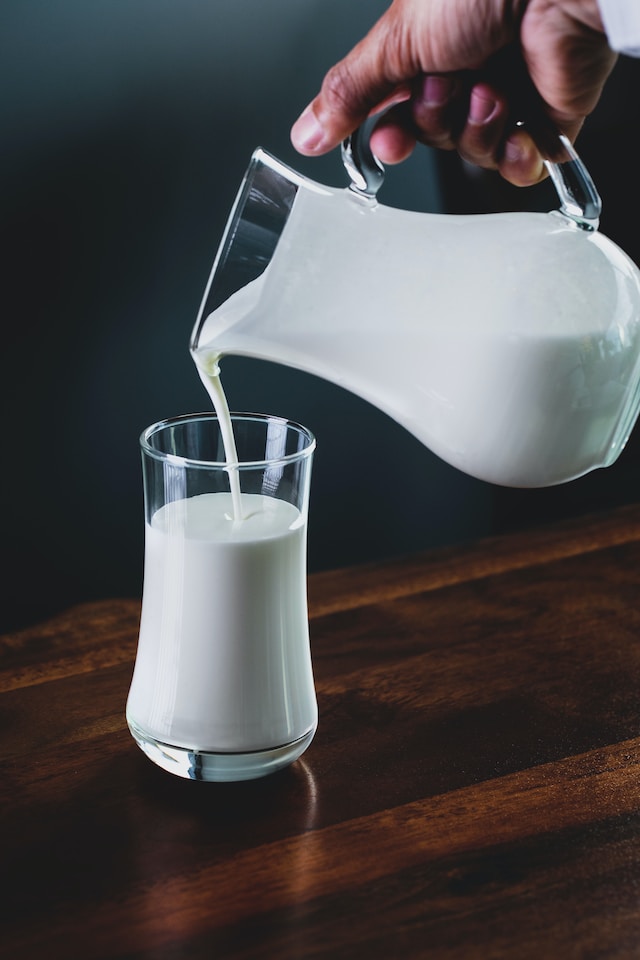Oily and acne-prone skin refers to a condition where the skin is prone to developing acne and has excessive sebum production. While diet cannot directly cause oily and acne-prone skin, certain dietary habits may be related to acne breakouts and sebum production. Here are some dietary recommendations that can help improve oily and acne-prone skin:
- High Fiber Intake:
Consume foods rich in fiber such as vegetables and fruits. It’s important to note that fruits cannot fully replace vegetables as they do not provide the same abundance of dietary fiber and minerals. Additionally, some fruits have high sugar content, which can be easily absorbed. Therefore, it’s essential to pay attention to the quantity of fruits consumed daily. - Low-Fat Diet:
Maintain a low intake of foods high in saturated fatty acids, such as fatty meats. Instead, focus on obtaining quality unsaturated fatty acids like omega-3 and omega-6, which can be found in nuts, deep-sea fish, flaxseed oil, and olive oil. Adequate intake of unsaturated fatty acids promotes the synthesis of skin lipids and reduces the formation of acne. - Vitamins and Minerals:
Ensure a balanced and supplemented diet with a variety of vitamins and minerals. Consume plenty of vegetables, and if necessary, consider taking multivitamin and mineral supplements.

It’s important to limit or avoid the following types of foods:
- Dairy Products:
Dairy products contain androgen hormones, and the casein and whey protein in dairy can stimulate the production of insulin-like growth factor-1 (IGF-1), which promotes the biological utilization of androgens and exacerbates sebum production and acne breakouts. This includes not only cow’s milk but also goat’s milk, buffalo milk, cream, and skim milk. However, unsweetened yogurt and cheese can be consumed as they have reduced levels of IGF-1 due to fermentation. - High-Sugar Foods:
High-sugar foods can cause rapid blood sugar spikes, leading to increased sebum production and clogged pores. This not only worsens acne but also accelerates aging in the body and skin.

In addition to dietary adjustments, it’s important to consider other factors that can affect the skin, such as maintaining good cleansing and moisturizing habits, avoiding excessive use of irritating cosmetics and skincare products, getting sufficient sleep, and reducing stress. If the issue of oily and acne-prone skin is severe, it is recommended to consult a dermatologist or a professional nutritionist for more specific advice and treatment plans.
